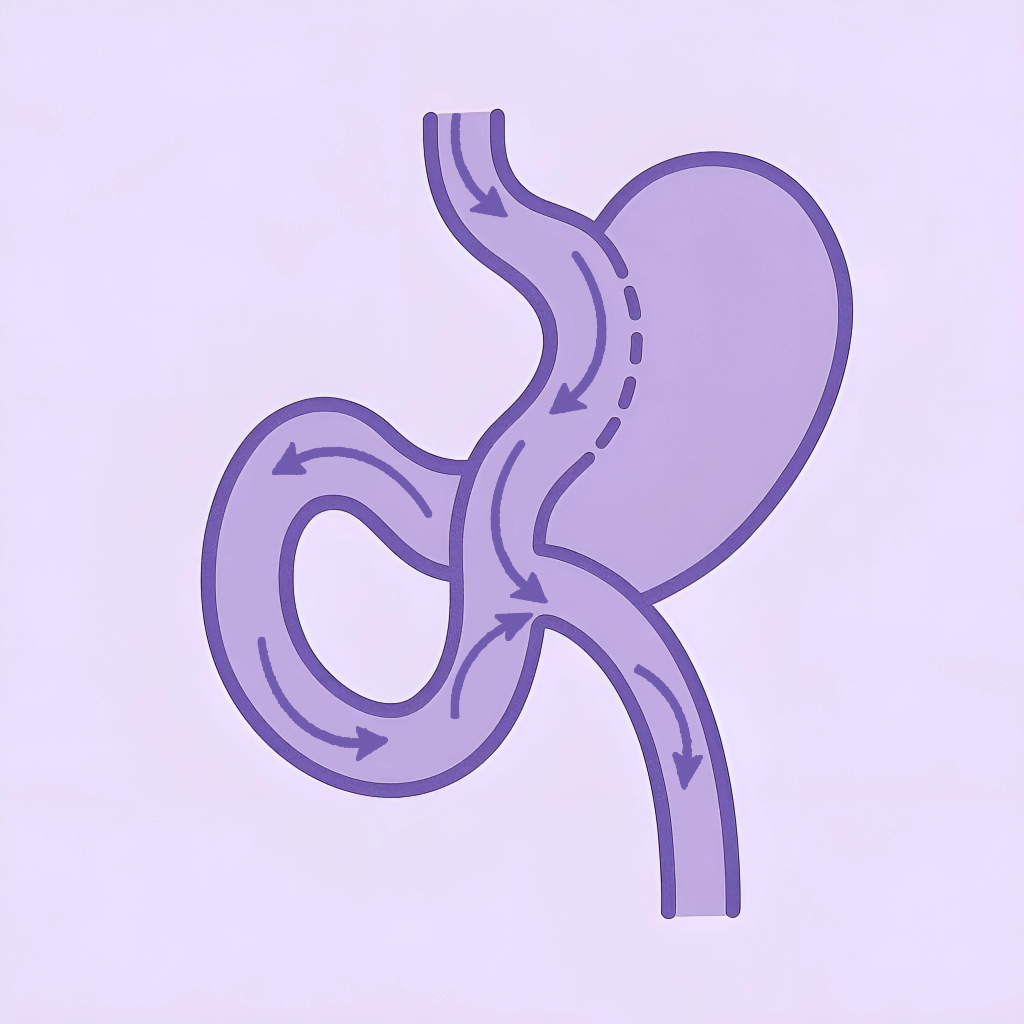Analfissur







Die Analfissurenoperation ist ein Verfahren zur Behandlung chronischer Risse im Analkanal, um Schmerzen zu lindern.
Übersicht
Eine Analfissur ist ein Riss in der Auskleidung des Anus, des letzten Teils des Verdauungstrakts. Dieser Riss tritt auf, wenn das Anusgewebe übermäßig gedehnt wird, häufig aufgrund von hartem Stuhl, Verstopfung oder Anstrengung während der Stuhlentleerung. Er kann Schmerzen, Blutungen und Unbehagen verursachen, insbesondere während und nach dem Stuhlgang.
Analfissuren unterscheiden sich von Hämorrhoiden, obwohl sie ähnliche Symptome aufweisen. Hämorrhoiden sind entzündete Blutgefäße, während Analfissuren schmerzhafte Risse im Gewebe sind. In den meisten Fällen heilen akute Fissuren innerhalb von sechs Wochen mit konservativen Behandlungen wie Ernährungsumstellungen, Sitzbädern, Stuhlweichmachern und topischen Medikamenten. Chronische Fissuren, die länger als sechs Wochen anhalten, können jedoch zusätzliche Behandlungen erfordern, einschließlich Botox-Injektionen oder einer Operation.
Wann wird eine Operation empfohlen?
Eine Analfissuren-Operation wird für Personen empfohlen, die anhaltende Schmerzen, Blutungen oder Unbehagen haben, das sich nicht mit Medikamenten, Ernährungsumstellungen oder topischen Behandlungen verbessert. Wenn die Fissur wiederkehrende Muskelkrämpfe oder starke Schmerzen während des Stuhlgangs verursacht, kann ein chirurgischer Eingriff notwendig sein, um Linderung zu verschaffen.
In Fällen, in denen Fissuren anhaltende Infektionen, analen Stenosen oder eine erhebliche Beeinträchtigung der Lebensqualität verursachen, wird die Operation zur effektivsten langfristigen Lösung. Chronische Analfissuren heilen oft nicht von selbst aufgrund einer verminderten Blutzufuhr zu dem betroffenen Bereich. In solchen Fällen hilft die Operation, den Analschließmuskel zu entspannen, wodurch die Blutzirkulation verbessert wird und die Heilung gefördert wird.
Verfahrensdetails
Die Analfissuren-Operation wird mit einer minimalinvasiven Technik durchgeführt, um den Druck auf den Analschließmuskel zu verringern und die Heilung der Fissur zu ermöglichen.
Anästhesie wird zur Schmerzlinderung verabreicht.
Ein kleiner Schnitt wird im Analschließmuskel (laterale interne Sphinkterotomie) gemacht.
Der Sphinktermuskel wird teilweise durchtrennt, um die Spannung zu reduzieren und die Heilung zu fördern.
Die Fissur wird auf natürliche Weise ohne zusätzliche Nähte heilen.
Der Eingriff wird abgeschlossen, und die postoperativen Pflegeanweisungen werden gegeben.
Erholung
Die Heilung nach der Analfissuren-Operation ist in der Regel schnell, wobei die meisten Patienten innerhalb weniger Tage Linderung erfahren. Leichte Schmerzen und geringfügige Blutungen können auftreten, aber sie verbessern sich allmählich mit der richtigen Pflege und Medikation. Eine gute Hygiene und die Verwendung von Abführmitteln können den Heilungsprozess erleichtern.
Wir bieten personalisierte Nachsorgehinweise, einschließlich Ernährungsempfehlungen, Sitzbäder und Hygienepraktiken zur Unterstützung der Heilung. Regelmäßige Nachuntersuchungen gewährleisten eine ordnungsgemäße Genesung und verhindern Komplikationen. Patienten wird geraten, ausreichend Flüssigkeit zu sich zu nehmen und eine ballaststoffreiche Ernährung zu befolgen, um das Pressen zu vermeiden und das Risiko eines Rückfalls zu verringern.
Haben Sie Fragen zu Ihrer Behandlung?

Häufig gestellte Fragen
Hier finden Sie klare Antworten auf die am häufigsten gestellten Fragen.
Benötigen Sie individuelle Unterstützung? Kontaktieren Sie uns über WhatsApp – wir antworten in der Regel innerhalb weniger Minuten.
In welchen Operationen ist Dr. Gül spezialisiert?
Warum die Türkei für chirurgische Eingriffe wählen?
Wie lange dauert die Genesung nach den meisten Operationen?
Welche bariatrischen Verfahren werden in der Klinik angeboten?
Wie viel Gewicht kann ich nach einer bariatrischen Operation erwarten, zu verlieren?
Welche Sprachen spricht Dr. Gül und sein Team?
Muss ich nach einer bariatrischen Operation Nahrungsergänzungsmittel einnehmen?
Deckt die Versicherung diese Verfahren ab?
Kann ich Behandlung mit einer Reise in die Türkei kombinieren?
Welche Unterstützung ist nach der Operation verfügbar?
Unsere Expertise

Hülsengastrektomie
Minimalinvasive Operation zur langfristigen Gewichtsreduktion mit einem einfachen Verfahren und ohne Umleitung.

Mini-Magenbypass
Einfacherer, weniger invasiver Magenbypass für signifikante Gewichtsabnahme und Diabeteskontrolle.

Magenballon
Eine nicht-chirurgische, vorübergehende Option zur moderaten Gewichtsabnahme ohne bleibende Magenveränderungen.
Folgen Sie Dr. Gül auf Instagram





